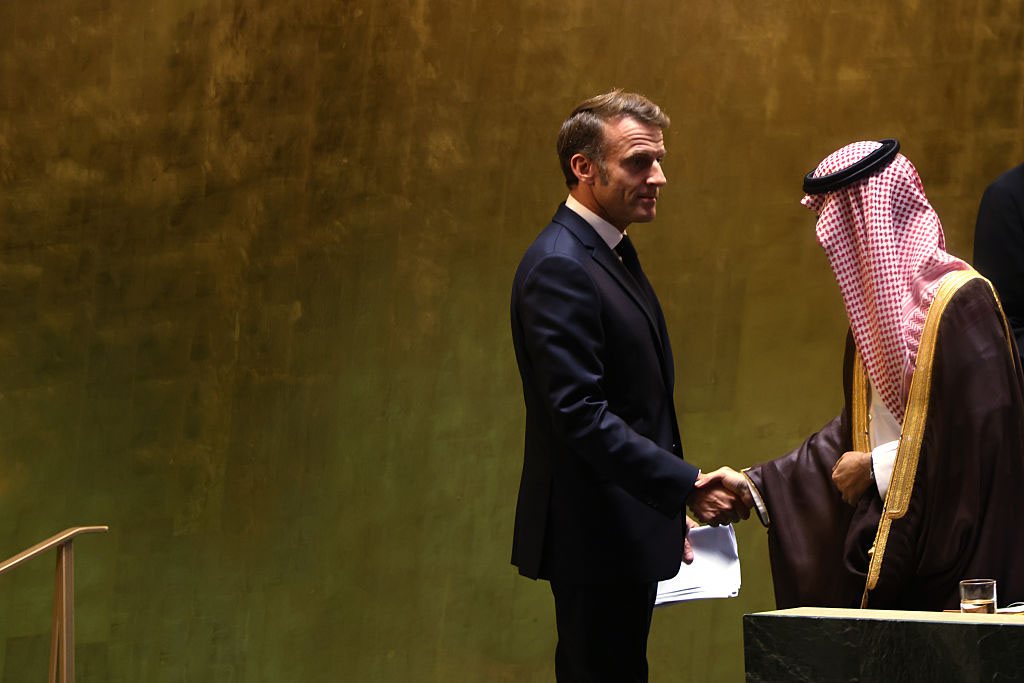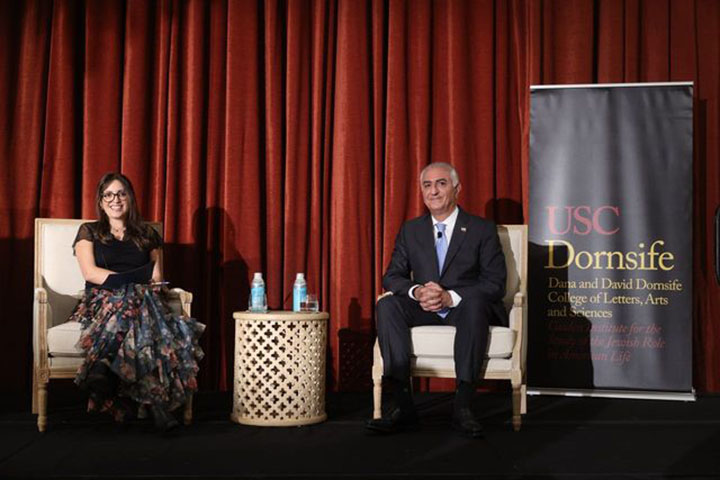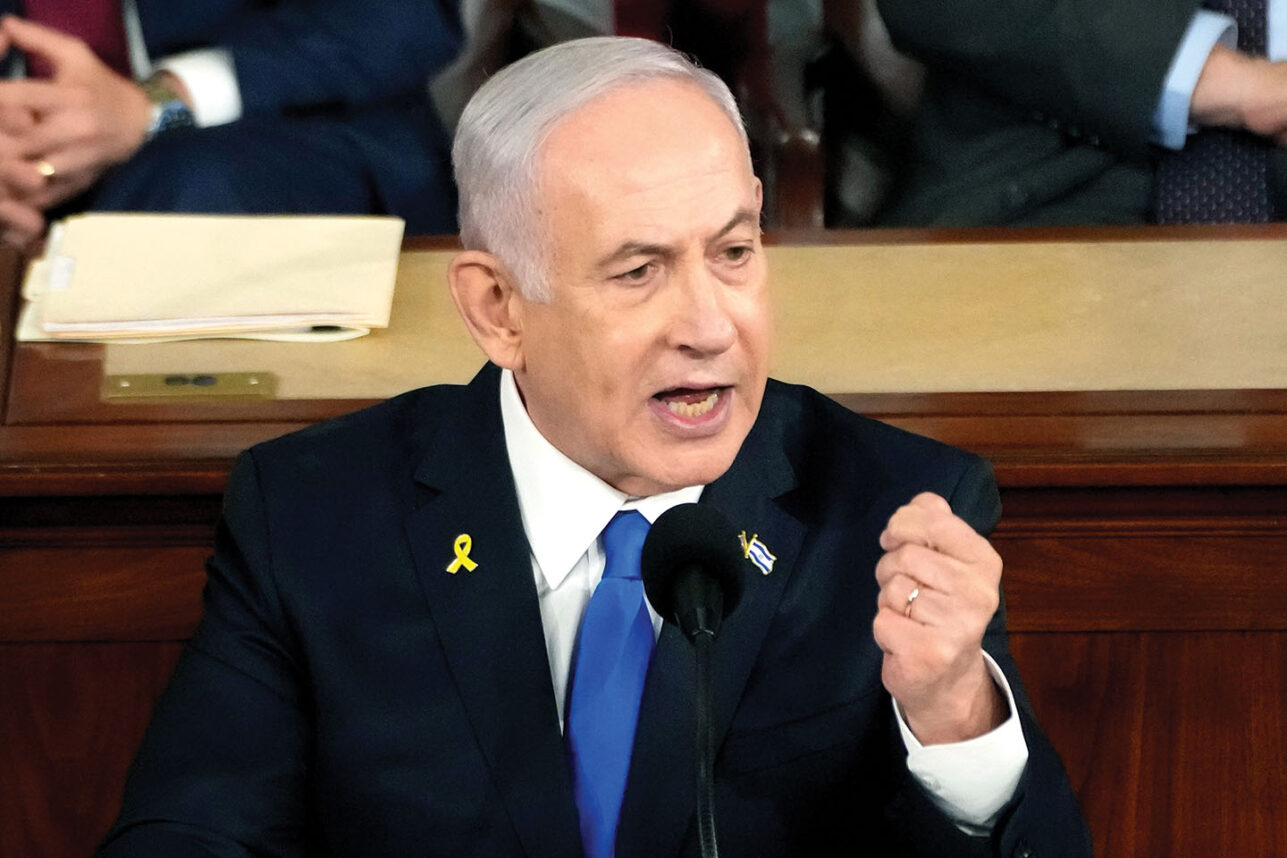Peace prospects with the Palestinians are looking poor, Israeli Prime Minister Benjamin Netanyahu said on Sunday after exploratory talks aimed at relaunching negotiations ended in deadlock.
“As things stand now, according to what happened over the past few days – when the Palestinians refused even to discuss Israel’s security needs with us – the signs are not particularly good,” he told his cabinet in public remarks.
Palestinian officials said last week an Israeli negotiator’s verbal presentation on Wednesday of ideas for borders and security arrangements of a future Palestinian state was a non-starter, envisaging a fenced-off territory of cantons that would preserve most Jewish settlements.
Netanyahu said he still hoped the Palestinians would “come to their senses and continue the talks so that we can move on to real negotiations.”
Israeli and Palestinian negotiators held five rounds of exploratory talks in Jordan, part of a push by international mediators to revive negotiations suspended in 2010 in a dispute over Jewish settlement building in the West Bank.
A Palestinian source said no more meetings were scheduled. Palestinian Authority President Mahmoud Abbas has said he wants to consult Arab League states on the next move.
An Israeli official said Israel’s approach to territorial compromise in the West Bank includes the principle that “most Israelis will be under Israeli sovereignty and obviously most Palestinians will be under Palestinian sovereignty.”
The official said Netanyahu had acknowledged, in a speech to the U.S. Congress last May, that not all Jewish settlements “will be on our side of the border” with a future Palestinian state.
The Palestinians want a state in the West Bank and the Gaza Strip with East Jerusalem as its capital. They say Israeli settlements could deny them a viable and contiguous country.
Israel cites biblical and historical ties to the West Bank, an area it calls Judea and Samaria, and says any peace deal must include stringent security arrangements.
Writing by Jeffrey Heller; editing by Tim Pearce































